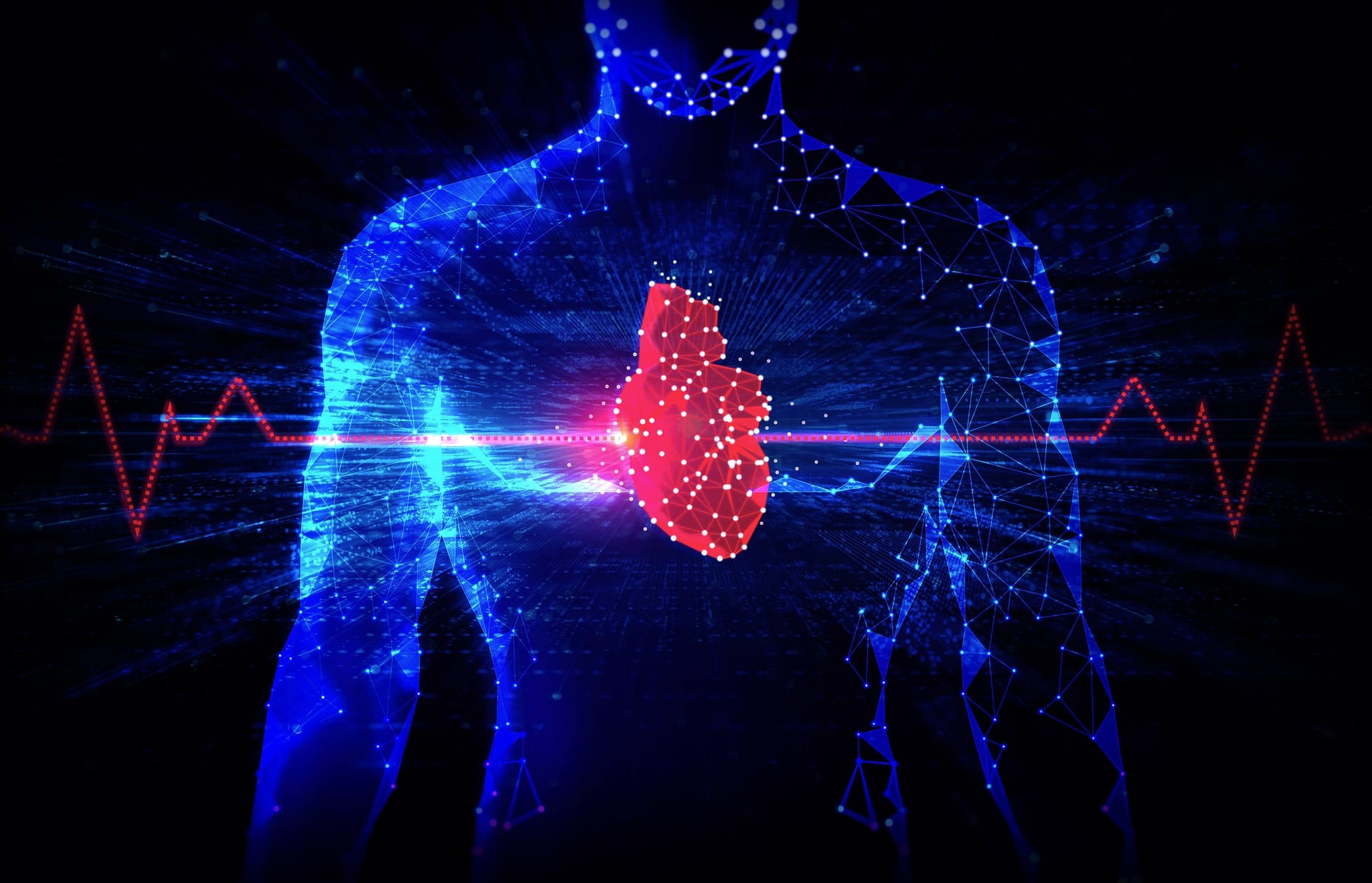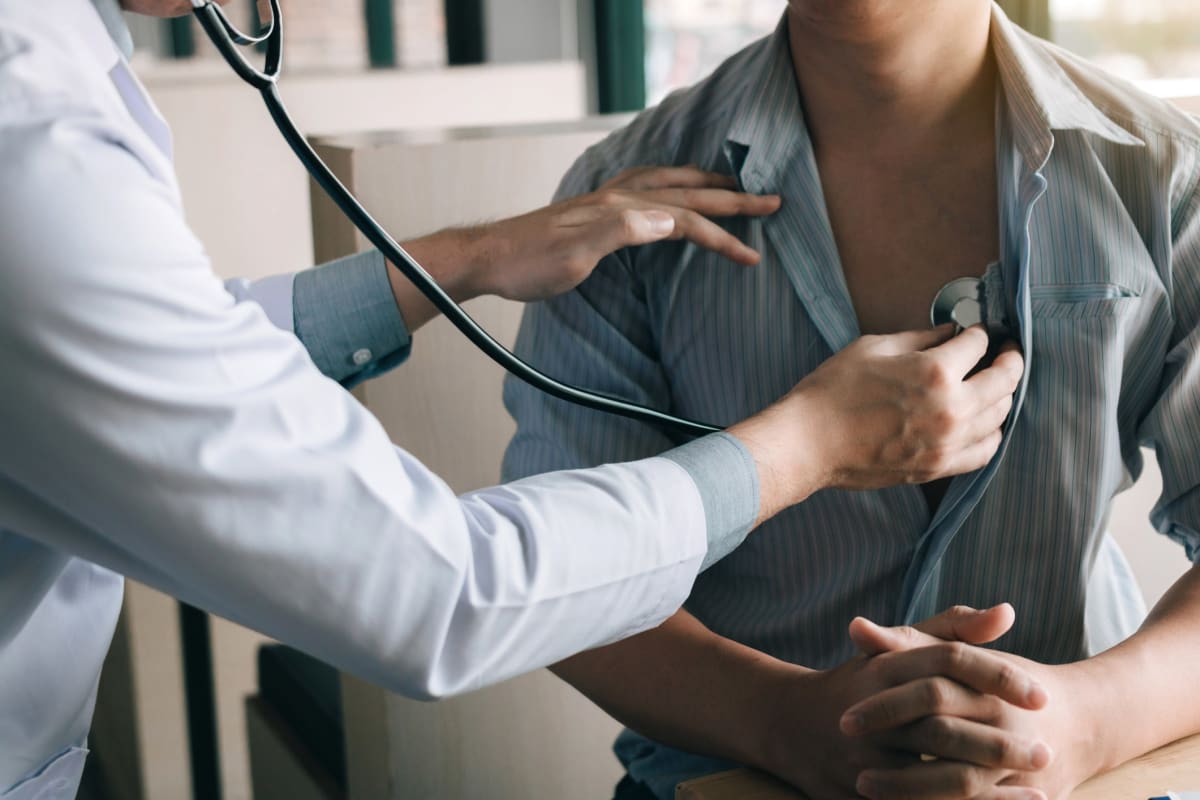
The soft beeping of medical devices deepens the silence of the operating theatre waiting room. Lying between monitors and intravenous drips, Michael* calmly awaits his turn to be brought in for triple-bypass heart surgery.
Michael is a cancer survivor, and the thought of major surgery no longer frightens him. At age 35, he’s already survived three bouts of lymphoma.
He was just 20 when first diagnosed with lymphoma in his chest. At first, he was treated successfully with chemotherapy. Two years later, the lymphoma returned and required further treatment with radiation.
Fast-forward another five years, and Michael had to undergo a bone marrow transplant to combat his third relapse.
Michael is now in remission, but he has a new problem – two of his three major heart arteries have narrowed severely, limiting the blood supply to his heart.
Cancer survivorship
There’s evidence that cancer survivors are at higher risk of heart disease, and as cancer survival rates are improving, heart problems are becoming more common.
In the past 25 years, cancer survival rates in Australia have improved by 18%, and newly-diagnosed individuals on average now have a 70% chance of surviving cancer at least five years beyond their diagnosis.
This success is largely due to improvements in public health initiatives, detection methods for cancer, and the discovery of groundbreaking treatments that are readily accessible through Medicare.
However, the flip side to this success is heart disease.
A 2021 Australian study of 32,000 cancer survivors found that heart disease was the leading cause of death among cancer patients who survived their cancer. In fact, cancer survivors were more likely to succumb to heart disease than cancer if they survived their cancer for more than 13 years.
Although this may seem insignificant for cancer survivors in their 70s or 80s, it has substantial implications for people who are diagnosed with cancer in childhood or early adulthood.

Can we prevent heart disease after cancer?
Cardio-oncology is a new field born out of the necessity to address the increasing burden of heart disease among people with, or who have, survived cancer.
Driven by cardiologists who specialise in heart health during or after cancer treatment, cardio-oncology services are now widely available across Northern America and Europe. In Australia, local services are expected to grow rapidly in coming years.
Read more: Genetic testing for all could reduce the risk of heart disease
Professor Stephen Nicholls, the inaugural Director of the Victorian Heart Hospital and Monash University’s co-located Monash Victorian Heart Institute, expects cardio-oncology services to be available at the newly-opened Victorian Heart Hospital in the second half of 2023.
These services will provide much-needed access to world-leading heart healthcare for people with, or who have survived, cancer, and importantly focus on the prevention of heart disease.
Australian data suggests people with a history of cancer are less likely to be treated for common risk factors for heart disease such as high blood pressure, high cholesterol, and diabetes.
This is likely due to a misconception among doctors that prevention isn’t an important focus of healthcare after a cancer diagnosis. Dedicated cardio-oncology services will strive to change this practice.
Alongside these clinical services, there’s also growing research into the ways we can prevent heart disease among cancer survivors.
A lack of information
Currently, there’s a significant lack of information on how best to prevent and treat heart disease in people with or who have survived cancer, because most cardiology studies exclude participants who have had a cancer diagnosis within five years.
As a cardiologist and research fellow at the Victorian Heart Institute at Monash University, I’m leading the SOCRATES research study, to investigate whether statins, a common and cheap cholesterol-lowering medication, can help prevent heart disease in patients who have been treated for skin cancer with a class of cancer medications called immunotherapy.
This novel study is an Australian-first collaboration that brings together researchers from cardiology, oncology, and dermatology, and has the potential to guide preventive efforts to reduce heart disease in cancer survivors.
Michael’s story is a reminder of the important work that lies ahead for cardio-oncologists in Australia. Surviving cancer is a major ordeal. We owe it to these survivors to do all we can to ensure they don’t find themselves simply facing a new threat – this time, to their heart.
* Name has been changed for confidentiality reasons.





